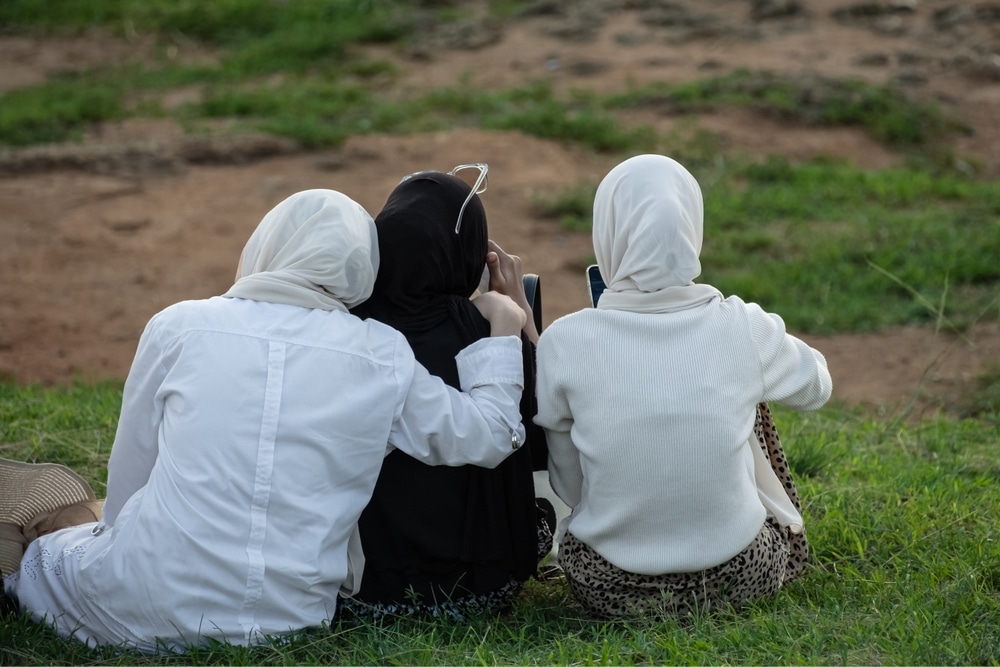Girls as young as nine could be forced into marriage with adult men in Iraq, as conservative groups in parliament push for legislation that would lower the age of consent.
The proposed amendments, which are moving closer to becoming law, are part of a raft of changes that are wearing down the rights of girls and women in the Middle Eastern nation.
Currently, marriage contracts in Iraq are required to be signed under the provisions of Law 188, known as the “personal status law”. Enacted in 1959, Law 188 was known as one of the most progressive laws in the Middle East at the time, safeguarding the rights of women and girls from regressive, conservative marriages and practices of certain religious sects.
Although Law 188 prohibits marriages under the age of 18, a 2023 survey from UNICEF found more than one in four (28 per cent) of girls in Iraq marry before they turn 18. This is due to a loophole in the legislation that allows religious leaders to officiate marriages of girls as young as 15, with the permission of their father.
Now, with these proposed changes, that age of consent could be lowered to just nine years old.
According to Sarah Sanbar, a researcher with the Human Rights Watch (HRW), the amendment would give people the choice to have their marriage officiated through the personal status law, or under the provisions of specific Islamic schools of jurisprudence.
“Sect, not citizenship, would dictate which rights Iraqis are afforded in their personal life, effectively establishing separate legal regimes for different sects and further entrenching sectarianism in Iraq,” Sanbar explains in an article written for HRW last month.
“In practice, passing this amendment would mean that one girl in Iraq may be protected from child marriage, while her classmate is forced into it.
“Should this bill pass now, it would speak volumes about the sorry state of Iraq’s democracy and its respect for human rights—and it will be women and girls who pay the heaviest price.”
The changes are being pushed by a coalition of conservative Shia Muslim groups who dominate the Iraqi parliament. Shia jurisprudence places religious rule – following the Qu’ran and religious rulers – above the state. Conservative interpretation of Islamic religious texts strictly follows the life of Muhammad, the religious leader and founder of Islam. According to the texts, Muhammad married a nine-year-old girl.
Politicians have previously attempted to push the amendment to Law 188 through parliament in 2014 and 2017. Both times were unsuccessful, due to significant backlash from Iraqi women.
Conservative ideologies are dominating the Iraqi parliament, placing human rights, especially women’s rights, at risk.
Already, the parliament has criminalised homosexuality, banned the use of the word “gender”, and has failed to pass a draft law that would protect women from family, domestic and sexual violence.


